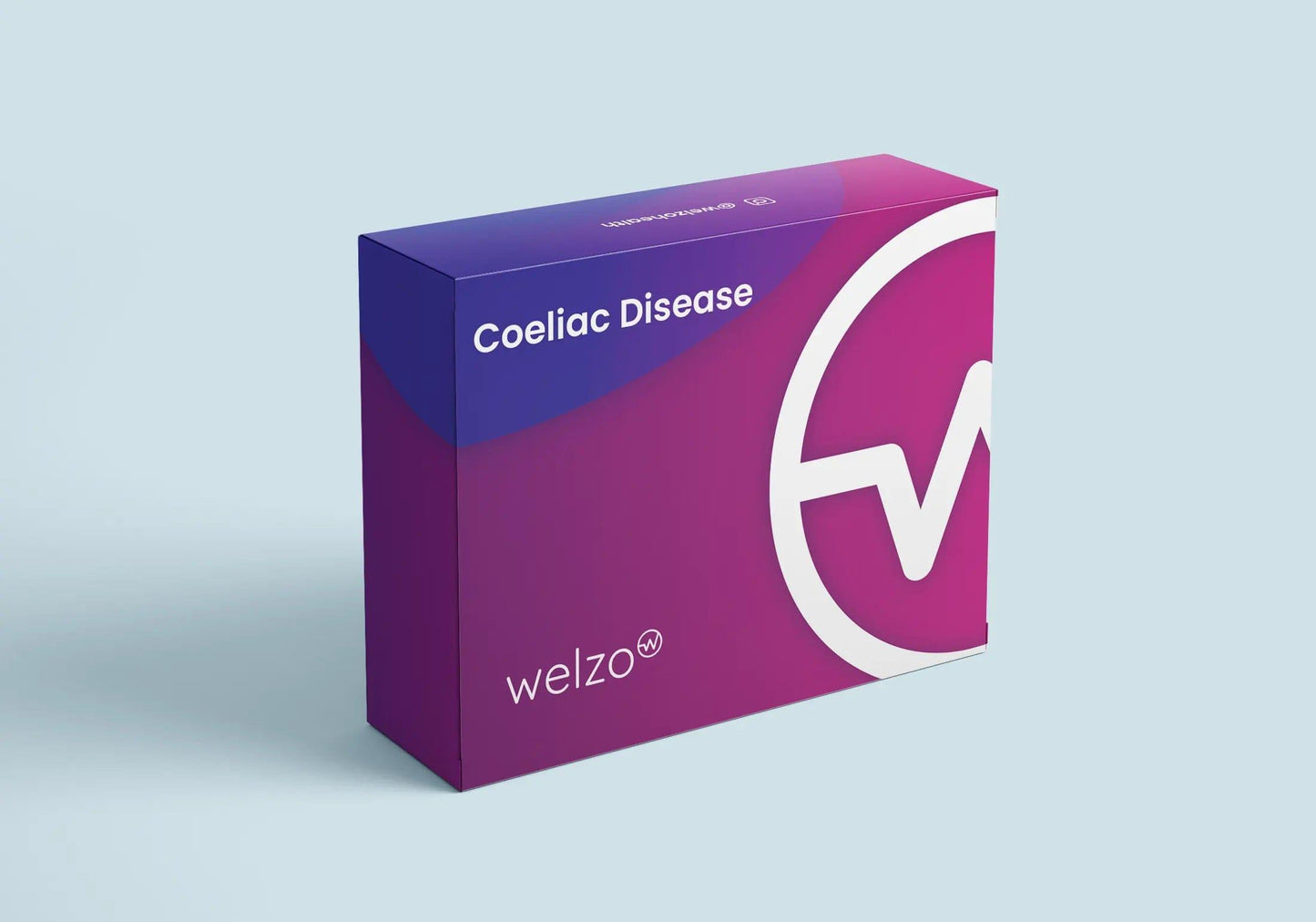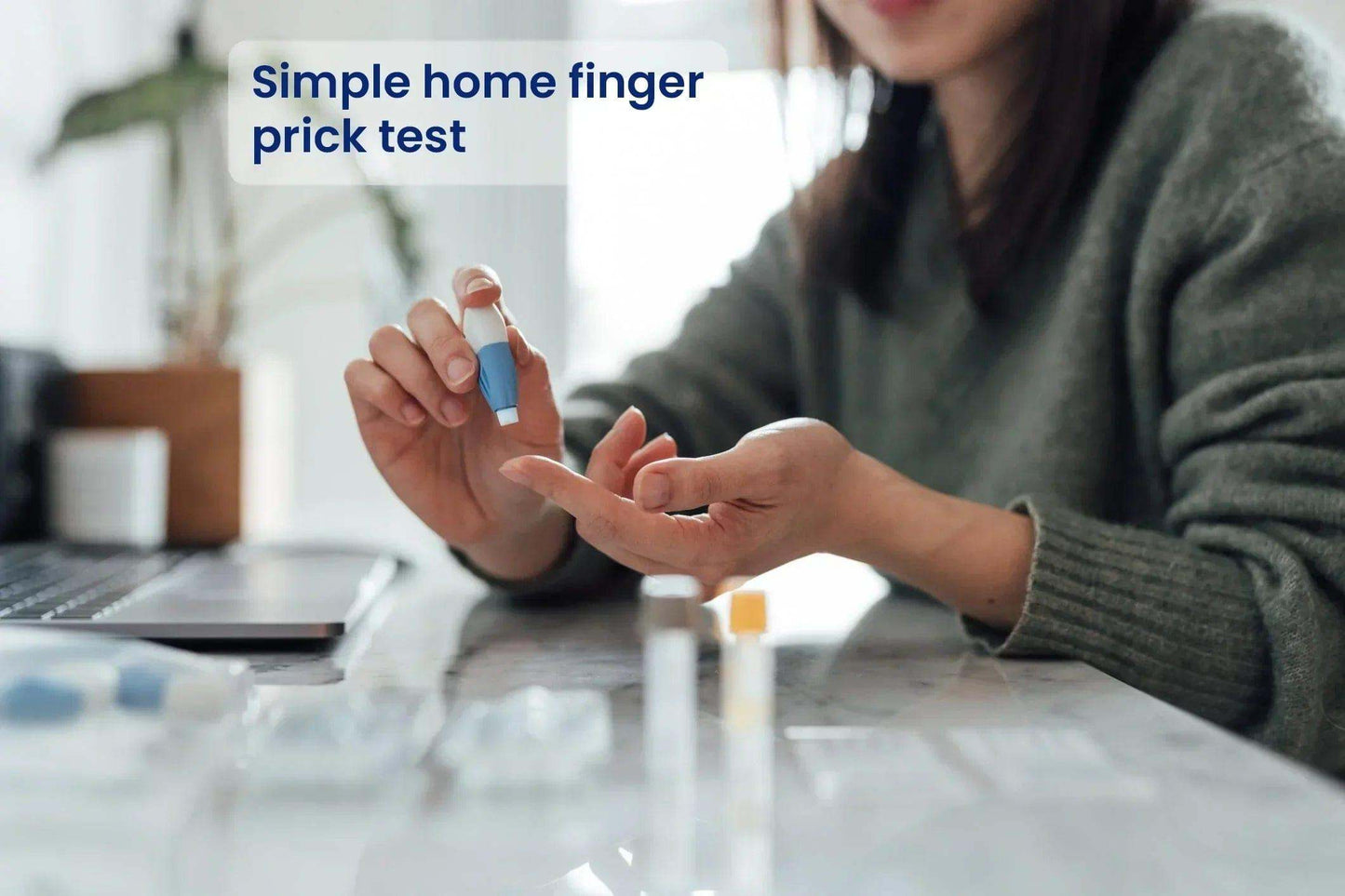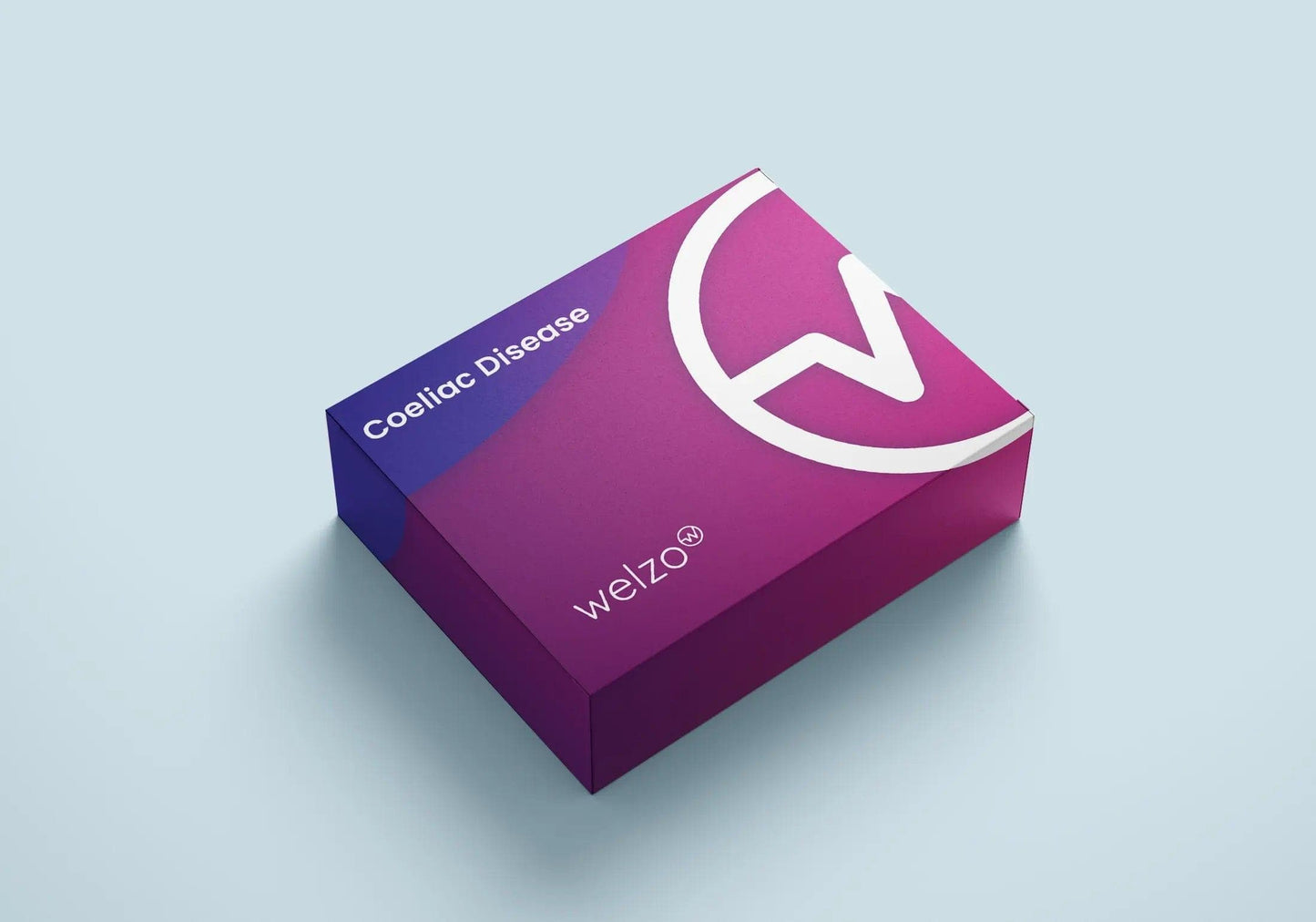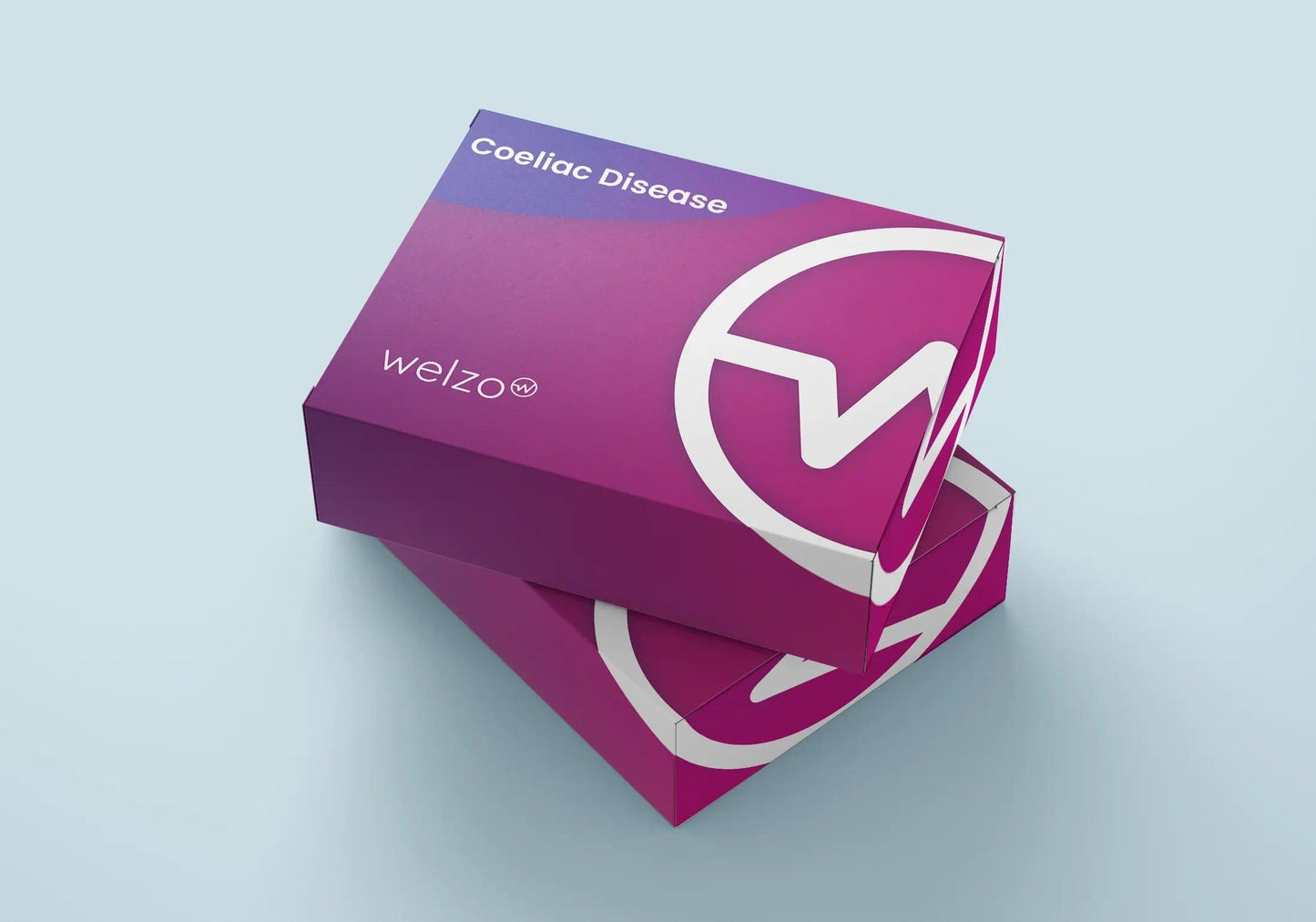If you think you may have coeliac disease, it's important to get tested. A blood test is the most common way to diagnose coeliac disease. Your GP can arrange a blood test for you.
There are two types of blood tests that can be used to diagnose coeliac disease:
- The anti-tissue transglutaminase (tTGA) test measures the level of antibodies in your blood. If you have high levels of these antibodies, it's likely that you have coeliac disease.
- The endomysial antibody (EMA) test also measures the level of antibodies in your blood. This test is more accurate than the tTGA test, but it's also more expensive.
If the results of either of these tests are positive, you'll need to have a small intestine biopsy to confirm the diagnosis. This involves taking a small sample of tissue from your small intestine and testing it for damage.
Once coeliac disease has been diagnosed, the only treatment is to follow a gluten-free diet. This means avoiding all foods that contain gluten, including wheat, barley and rye. For most people, following a gluten-free diet will improve their symptoms and allow the damaged intestines to heal.
What is Coeliac Disease ?
Coeliac disease is a condition that causes damage to the lining of the small intestine. This damage is caused by an immune reaction to gluten, which is a protein found in wheat, barley and rye.
Symptoms of coeliac disease can vary from mild to severe, and may include:
- diarrhoea
- bloating and abdominal pain
- fatigue
- weight loss
- anaemia (low levels of iron in the blood)
- bone or joint pain
- mouth ulcers
- skin rash (dermatitis herpetiformis)
Blood Test for Coeliac
If you have any of these symptoms, it's important to see your GP so that you can be tested for coeliac disease.
How is Coeliac Disease Diagnosed ?
If you think you may have coeliac disease, it's important to get tested. A blood test is the most common way to diagnose coeliac disease. Your GP can arrange a blood test for you.
Coeliac Screen Blood Test
There are two types of blood tests that can be used to diagnose coeliac disease:
- The anti-tissue transglutaminase (tTGA) test measures the level of antibodies in your blood. If you have high levels of these antibodies, it's likely that you have coeliac disease.
- The endomysial antibody (EMA) test also measures the level of antibodies in your blood. This test is more accurate than the tTGA test, but it's also more expensive.
Test For Coeliac Disease
If the results of either of these tests are positive, you'll need to have a small intestine biopsy to confirm the diagnosis. This involves taking a small sample of tissue from your small intestine and testing it for damage.
What is the Treatment for Coeliac Disease ?
Once coeliac disease has been diagnosed, the only treatment is to follow a gluten-free diet. This means avoiding all foods that contain gluten, including wheat, barley and rye. For most people, following a gluten-free diet will improve their symptoms and allow the damaged intestines to heal.



























